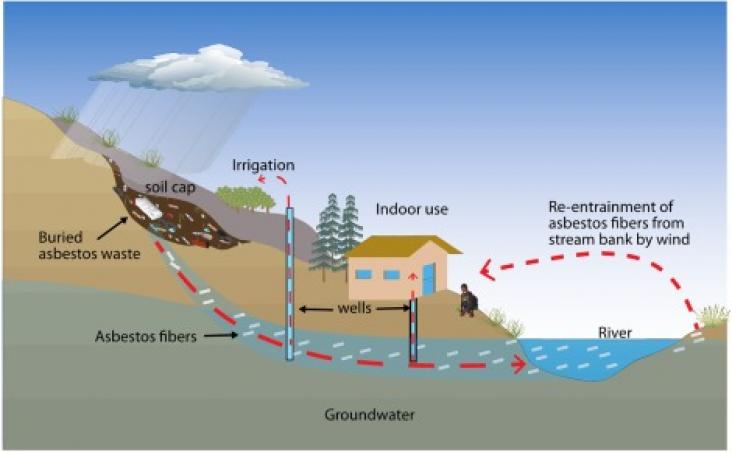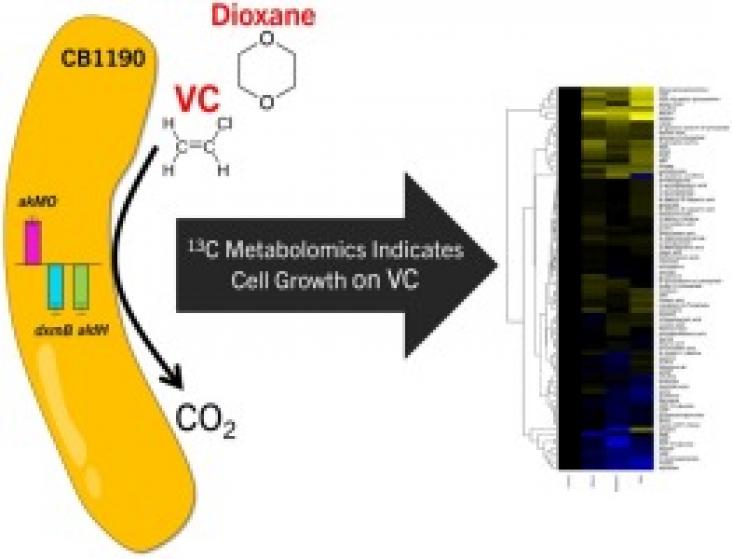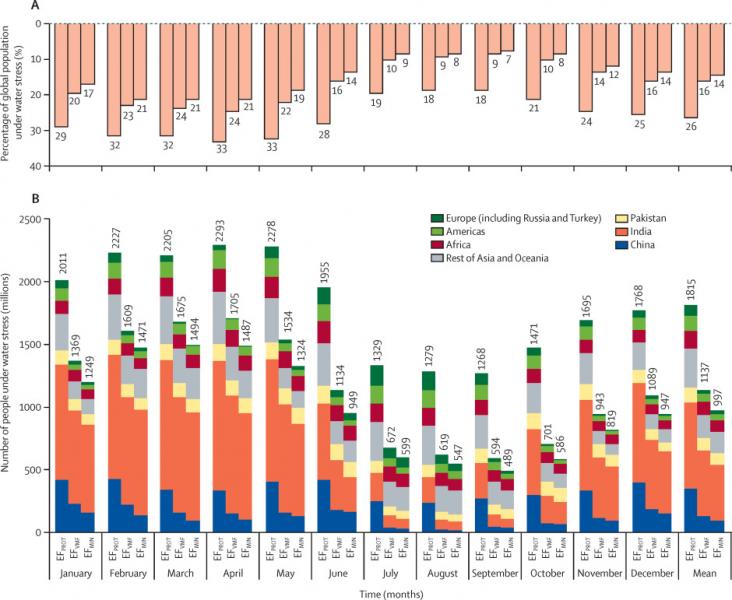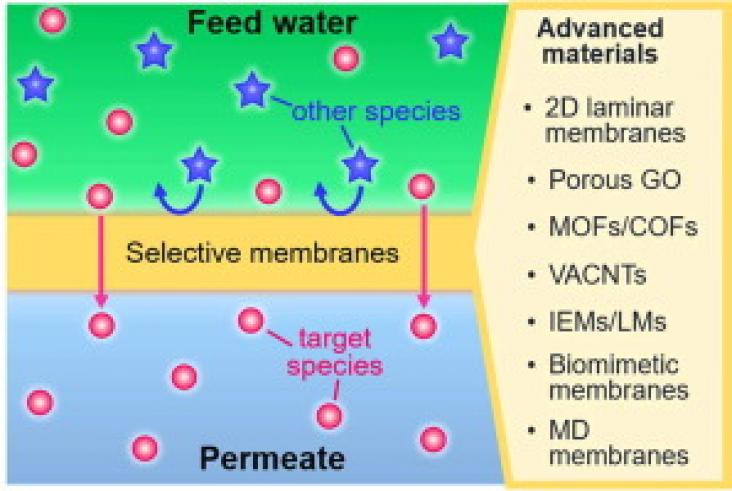Elsevier,
Handbook of Algal Biofuels. Aspects of Cultivation, Conversion, and Biorefinery, 2022, Pages 167-179
This chapter advances SDGs 6 & 7 by describing the use of halophilic algae for the desalination of seawater for drinking and other uses.
This content advances UN SDG 10 and 13 goals and seeks to examine implications of the Ramsar Convention’s silence on the procedural right to participation in light of indigenous peoples and local communities’ rights in Africa.
Hazard classifications have recently been introduced for persistent, mobile and toxic (PMT) and very persistent and very mobile (vPvM) substances, which are those that negatively impact water resource

To prevent exposure of millions of people living near thousands of contaminated sites to asbestos, the sites are typically capped with soil and amendments, assuming asbestos mobility underground is ne

Vinyl chloride (VC) and 1,4-dioxane (DX) are carcinogens and co-occurring groundwater pollutants. Co-contaminants often affect the ability of microorganisms to biodegrade individual constituents.
Per- and polyfluoroalkyl substances (PFAS) represent a family of emerging persistent organic pollutants.
In the context of climate change, which accentuates the growing scarcity of fishery resources, the traditional knowledge of West African fishermen was examined in this research.

This Article supports SDGs 3 and 6 by assessing global human water stress for low to high environmental flow protection. The findings suggest that ensuring high ecological protection would put nearly half the world's population under water stress for at least 1 month per year, meaning important trade-offs are made when allocating limited water resources between direct human needs and the environment.
Underneath the façade of supposedly bubbly girls, living daily lives in many parts of Nigeria lies the problem of lack of access to proper menstrual hygiene management tools or kits.

In this review, the authors discuss the drivers, fundamental science, and potential enabling materials for high selectivity membranes, as well as their applications in different water treatment processes.
